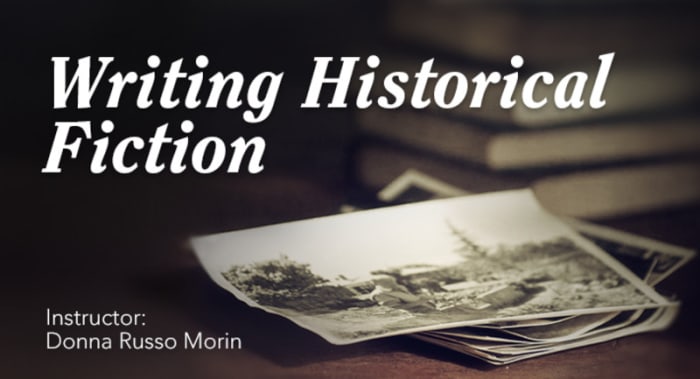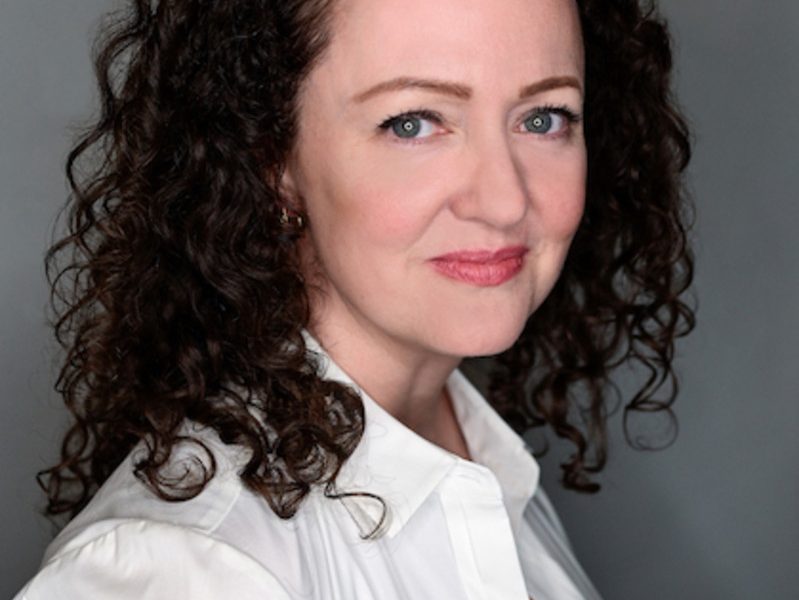Adele Myers: On Family History Inspiring Fiction
Adele Myers grew up in Asheville, North Carolina, and has a journalism degree from the University of North Carolina at Chapel Hill. She currently works in advertising and lives in Brooklyn, New York, with her husband, son and their rescue dog, Chipper. The Tobacco Wives is her first novel. Find her on Twitter, Facebook, and Instagram.
In this post, Adele discusses how stories from her family’s past led her to writing her historical fiction novel, The Tobacco Wives, how it went from short story to full novel, and more!
Name: Adele Myers
Literary agent: Stefanie Lieberman, Janklow & Nesbit
Book title: The Tobacco Wives
Publisher: HarperCollins/William Morrow Books
Release date: March 1, 2022
Genre/category: Historical Fiction; Literary Fiction
Elevator pitch for the book: The Tobacco Wives is the story of a young seamstress in 1946 North Carolina who discovers a shocking scandal that calls into question the ethics of the tobacco empire that employs her, reimagining from a feminist angle one of the largest corporate frauds of the 20th century.
IndieBound | Bookshop | Amazon
[WD uses affiliate links.]
What prompted you to write this book?
As a young girl growing up in North Carolina tobacco country, I was fascinated by my grandmother’s stories about the women she called the tobacco wives. She was a hairdresser for the wives of the wealthiest, most powerful tobacco magnates in Winston-Salem in the 1940s, and tales of these wealthy, glamorous women captured my imagination.
Many years later, as an aspiring young writer and public relations executive, I wrote a short story about these women. I had just moved to New York City in 1991 after graduating from journalism school at UNC-Chapel Hill, and found myself compelled to write about these intriguing women. These fashionable southern belles dazzled me as a girl, and were even more fascinating to me when I realized that they were privileged, yet powerless in many ways.
When my writing teacher at the time suggested that I consider turning the short story into a longer piece—”It feels like there’s a novel here,” she had said—the seeds of The Tobacco Wives were planted.
How long did it take to go from idea to publication? And did the idea change during the process?
The seeds of The Tobacco Wives “germinated” for many years, more than 20 years to be exact. During that time, I built a successful public relations and advertising career, married a guy from Brooklyn and had a child (now 15-year-old Niko). About eight years ago, I decided it was time. I committed to writing a novel.
A combination of factors spurred me to make the decision at that point: My son was older, my work was less demanding, and I had grown as a person. I gave myself permission to focus on my passion.
The idea changed quite a bit during the process. The title changed three times. At first it was titled The Clearing, which referred to a pivotal scene that took place in a tobacco field. I ended up cutting that scene and renaming the book Bright Leaf, after the fictional town where the story takes place.
Those early drafts focused on not only the wives, but also the friendship between my protagonist and the daughter of one of the wives. As I shared the manuscript with friends, my critique group and a former writing teacher, I kept getting the same feedback. Readers were more interested in the wives than the girls’ friendship. So, I said goodbye to one of my main characters, Virginia Winston. That saying about being willing to “kill your darlings” was absolutely true for me.
Were there any surprises or learning moments in the publishing process for this title?
I learned that although writing the manuscript was a solitary exercise, publishing a book is a collaborative process. Being open to feedback and listening to early readers, my agent, and my editor improved The Tobacco Wives considerably. You have to be open, to be comfortable being uncomfortable, to improve as a writer.
Were there any surprises in the writing process for this book?
I kept thinking that I was done with the book at various junctures, only to discover I had more work to do. One of the biggest changes was that my agent suggested aging up my protagonist. When I wrote the first draft, Maddie was 12 years old. Then I aged her up to 14. Then my editor suggested making her even more sophisticated, so Maddie is now 15.
While that may sound like a small change, since the book is written from Maddie’s point of view, I had to go back through the entire book and adjust how she saw the world. There’s a big difference between the perspective of a 12-year-old and a 15-year-old, so it was back to the drawing board.
What do you hope readers will get out of your book?
The Tobacco Wives explores so many themes and topics, but at its heart, it’s the story of a young woman who not only overcomes loss and abandonment, but also finds the courage to take on Big Tobacco and becomes more fully herself in the process.
Maddie learns many lessons over the course of one summer in Bright Leaf, and I hope my readers relate to her emotional journey and feel inspired by it. I want my readers to feel empowered and encouraged by Maddie’s story. I want them to realize that they can learn and grow from the adversity they face.
If you could share one piece of advice with other writers, what would it be?
Believe in yourself and take baby steps towards your goals. Focus on what you can control—your attitude and your actions. Easier said than done, but it works.

Join Donna Russo Morin to learn the definition of historical markers and how and where to unearth them. And uncover the tools to integrate history, research, and the fiction plot arc. Most of all, find out how to honor verisimilitude—the goal of any historical writing—and avoid the dreaded anachronism.




